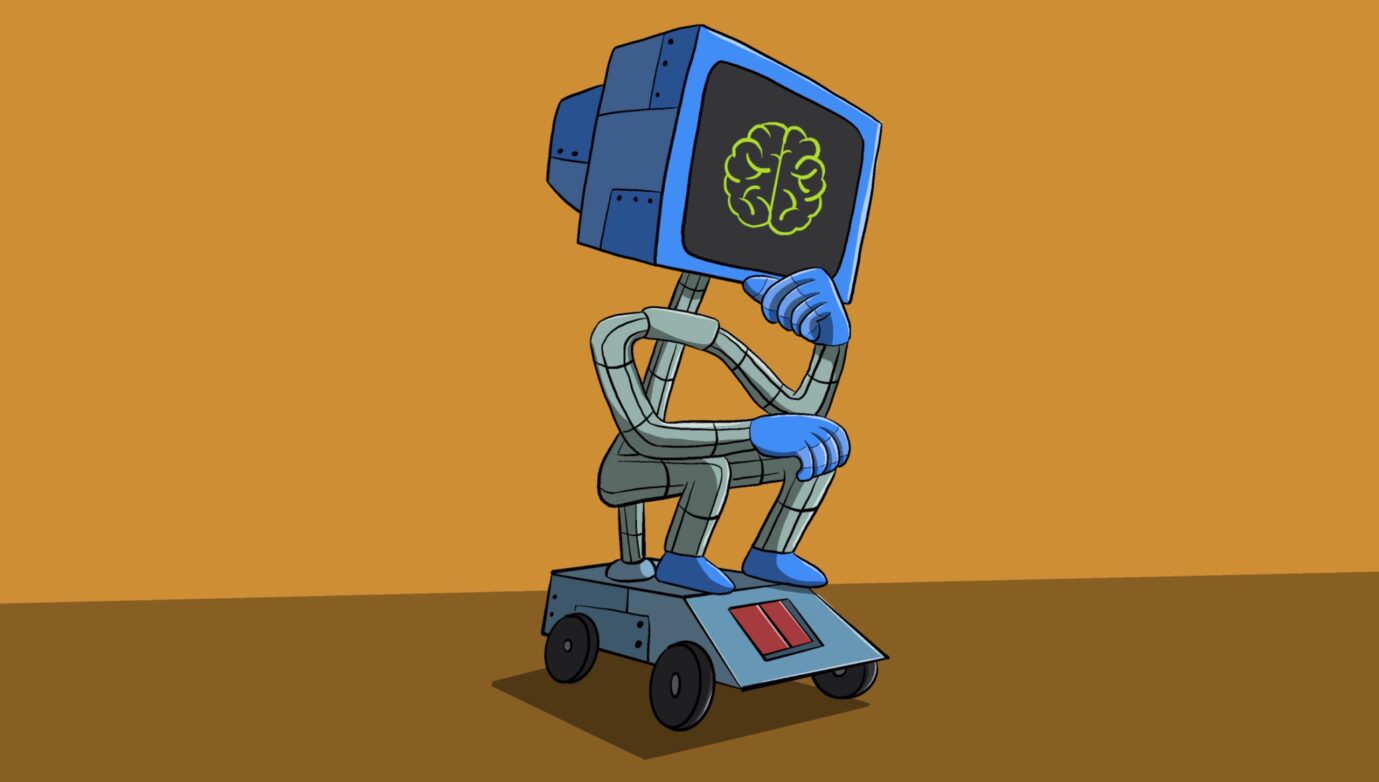From SPPG to PPPK: The Dynamics of Program-Based Staffing in Indonesia’s Civil Service Reform
The government’s decision to appoint personnel from the Nutrition Fulfillment Service Unit (SPPG) as Government Employees with Work Agreements (PPPK),…

The dream of building machines that think like humans began with Alan Turing’s famous Turing Test in 1950. The term artificial intelligence (AI) was formally coined at the 1956 Dartmouth Conference. Early AI systems relied on simple, rule-based structures—classic if–else logic exemplified by chess programs—yet their capabilities were limited by the computing power of the day.
Hardware advances and, later, deep-learning algorithms transformed the field in the 2010s. AI can now “learn” from massive datasets instead of following hard-coded rules.
Large Language Models (LLMs) such as Google’s BERT (2018) and OpenAI’s GPT series marked a giant leap forward. Powered by transformer architectures, LLMs can understand and generate natural language at a scale never seen before. A single model can now perform a wide array of tasks—creative writing, customer support, even data analysis—where earlier generations needed one model per task.
Fine-tuning on high-quality, task-specific data remains critical: poor datasets introduce bias and make results unreliable.
LLMs have automated repetitive or formulaic work: data entry, basic customer service, routine content writing, and parts of manufacturing and logistics. Even software development sees increasing automation. That shift fuels fears of technology-driven unemployment, especially in vulnerable sectors.

Picture 1 – Line graph showing daily volume of Microsoft‐layoff news in May 2025. Peak coverage occurs on 14 May, the day Microsoft announced more than 6,000 layoffs to “align strategically” while boosting AI investment (source: Newstensity).
Many social-media users link such layoffs directly to AI adoption. One viral post by tech entrepreneur Greg Isenberg warned that AI could replace “many jobs in a very short time.”

Picture 2 – Screenshot of @gregisenberg’s post on X (Twitter) expressing concern that AI will soon displace large numbers of workers.
Technological upheaval is nothing new. The first Industrial Revolution introduced steam engines that displaced hand weavers; the second brought electricity and assembly lines that shifted farm laborers into factories; the third added computers and automation, shrinking production-line workforces. Every wave reshaped the labor market—and every wave eventually created new types of jobs.
Original creativity, empathetic counselling, and ethical decision-making remain hard for AI to replicate. Interpersonal skills—leadership, negotiation, cultural nuance—are inherently human. Indeed, AI’s rise is spawning entirely new roles: data scientists, AI ethicists, machine-learning engineers, and more. Human teachers, physicians, and artists still excel where intuition and emotional resonance matter. Raw Rev AI_ Tidak Seked…
Some people reject AI, fearing job losses and ethical pitfalls such as algorithmic bias. Others choose to adapt—raising digital literacy, experimenting with new tools, and integrating AI judiciously. Education and forward-looking policy are essential to help workers transition and to ensure AI enhances rather than erodes human value. Critical thinking will be vital: individuals must be able to evaluate AI output, spot bias, and make ethical choices.
Writer: Abadi Gilang, Ilustrator: Aan K Riyadi
The government’s decision to appoint personnel from the Nutrition Fulfillment Service Unit (SPPG) as Government Employees with Work Agreements (PPPK),…
The evolution of marketing over the past few years has shown a major shift, especially as digital marketing becomes the…
Freedom of opinion and expression is a constitutional right protected by law. Today, the public’s channel for voicing disappointment toward…
In January 2026, the internet was shaken by the viral spread of a book titled “Broken Strings: Fragments of a…
The government has begun outlining the direction of the 2026 State Budget (APBN 2026) amid ongoing global economic uncertainty. Finance…
The Indonesian government, through the Ministry of Communication, Information, and Digital Affairs (Komdigi), has officially temporarily blocked the use of…
A few years ago, electric cars still felt like a far-off future. They were seen as expensive, futuristic in design,…
Hydrometeorological disasters hit three provinces in Sumatra—Aceh, North Sumatra, and West Sumatra. Tropical Cyclone Senyar, spinning in the Malacca Strait,…
The heavy rainfall in late November 2025 caused flash floods that submerged parts of Aceh, West Sumatra, and North Sumatra….
When we consider people’s decisions today—what to buy, what issues to trust, and which trends to follow—one thing often triggers…